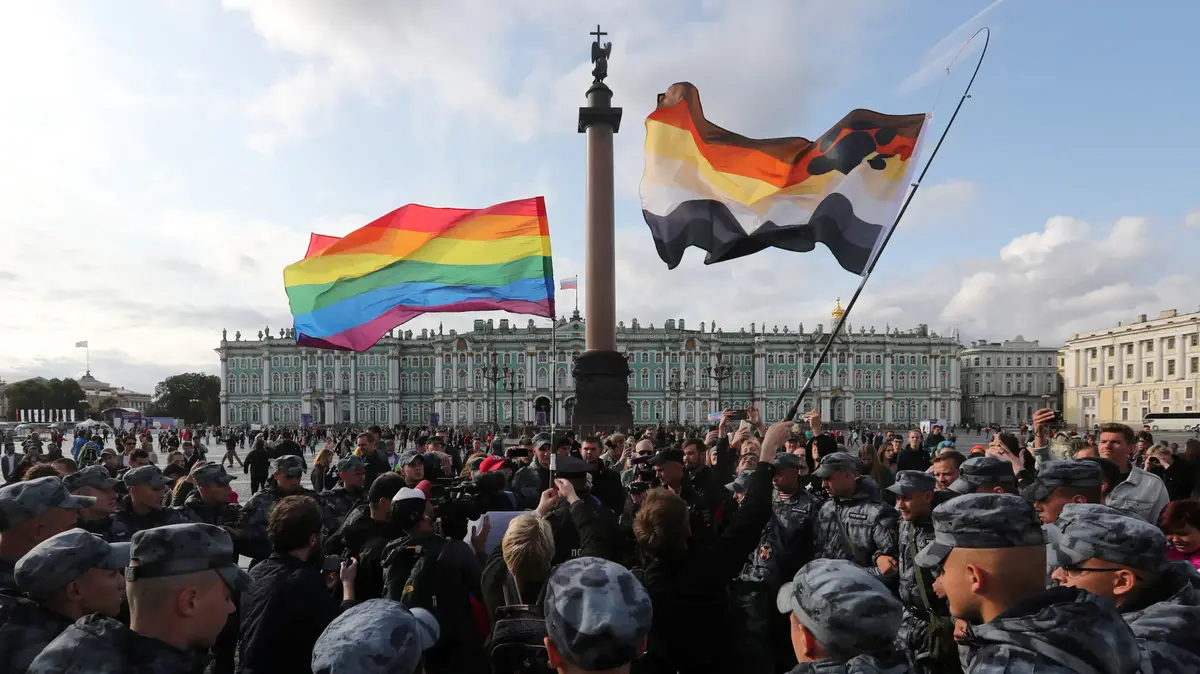International Holocaust Remembrance Day: Remember the atrocities - and the victories.
The reborn survivors tell how they overcame the trauma of the war and managed to establish a home in the State of Israel.
Vladimir and Raisa Lukashevich arrived in Israel late and thanked Ben for persuading them to immigrate.
Her mother and Aaron Orecki talk about the severe hunger between the bombings.
Elisheva and Zvi Hoffman want not to forget the good non-Jews who helped them.
"After traveling in many countries, we arrived in Israel and found our home"
They were not in a concentration or extermination camp and have no tattooed number on their hand, but her mother (85) and Aaron (92) Orecki well remember the difficulty and ongoing suffering of the war days when hunger and frustration were endless.
"I just wanted a piece of bread," her mother recalls in pain.
When the war broke out, at the age of only 5, she was in a summer camp 18 km from her home in Belarus. With no communication and no ability to return home, her older sister walked that distance to return. From there the family took individual items and boarded an emergency train for evacuation. " We thought it was not for long, "she shares, but after a few miles the bombing began from the planes." We fled to the forest.
We, the children, did not understand anything. "
Their next stop was in Uzbekistan, and the father was drafted into the army.
"There was a very bad name, a house falling apart, a mother and four children."
There they were robbed.
"What could have been taken from us already? We were without anything," she shares.
The suffering did not end there, and they received permission to stay in another house, with an elderly couple.
While the apartment was empty, robbers broke into it and robbed them, and the host couple blamed them for the act and removed them.
Her family's partial recovery occurred only in 1943, when her father was discharged from the army after contracting tuberculosis.
Aaron also came from Belarus. Three brothers out of seven children were killed on the battlefield, the regime took his father because of a statement that he was "out of place" back in 1940 and was accused of "slander." To this day it is not known what happened to him. His sister did not believe that the Germans were executing Jews and found her dead with her three children in one of the forests. "She was buried alive with three children," he says. Eleven-year-old Aaron turns to Ukraine with his mother and older sister. On the aging horse he received he would take care to fetch drinking water on the freezing winter days. The most shaky memory was when the old horse would stop to rest and the wolves in the forest would dawn on prey. Thus, time and time again, the little boy had the skin heat risking only to survive.
Three days of acquaintance were enough for the couple to marry in 1956, after her mother's brother married Aaron's sister.
The search for their "home" ended only in 1990, when they immigrated to Israel and settled in Netivot, after having managed to live in Ukraine, Belarus, Russia, Uzbekistan and Kazakhstan during their lifetime.
"We were experts at moving places," concludes their son Mark with an embarrassed smile.
The two are currently on the Friendship Foundation's program "In Dignity and Friendship," which assists thousands of Holocaust survivors in the country.
"Thank God we came to Israel, we are so happy to be here"
Vladimir (88) and Raisa (86) Lukashevich went through the war and were privileged to build a house together in Netivot.
When the war broke out, Vladimir and his family were in the Russian city of Naval.
In the emergency evacuation by train, Vladimir recalls his most difficult memory: "They put us on the train, the children and the women, and drove us in the direction of Moscow. They took us on journeys to the east, to Kazakhstan.
Vladimir says that the tears did not stop: "The women are howling. Do not cry, do not shout - howl, and no one cares. The sound was like cows being led to slaughter."
Vladimir (88) and Raisa (86) Lukashevich, Photo: Yehuda Peretz
For Raisa the painful memory is her father's tears at the moment of parting: "Dad cried a lot when we said goodbye to him. 'Two more weeks will come back', my mother tried to calm him down. In September we were already told he had fallen.
"I was hungry all the time. What did we not eat? Black berries, which are considered poisonous, that grew near the landfill. But we ate, here, I live," she says.
Victory Day, May 9, they will not forget.
"There was joyful shooting from the windows. It's the biggest, most significant and important holiday in life."
The two say that the aliyah to Eretz Yisrael was an idea of their son.
"We had almost no Jewish friends," says Vladimir.
"We immigrated to Israel in 1994, after our son got married and wanted to make aliyah. Thank God, thank you to Israel and thank my son for giving us, we are very happy that we are here. Today I say thank you every minute when I see what is happening there," says Raisa.
"Anti-Semitism everywhere, we must keep our story"
Elisheva (78) and Zvi (79) Hoffman survived the Holocaust and were privileged to establish a large family in Jerusalem.
Elisheva was born in the Netherlands in February 1943. When she was only seven weeks old, the family was in danger and a Christian shelter was found for her: "We lived there for nine months. My parents were locked in a room upstairs without knowing they were there. I was accepted as a baby.
Elisheva (78) and Zvi (79) Hoffman, Photo: Oren-Ben-Hakon
After the Nazis intensified the search for Jews, Elisheva's parents hid in a transit home with a Catholic family in the south of the Netherlands, until following the tip-off, the baby Elisheva was separated from her parents and transferred to another family.
"That's how I was with three families," she says.
"I stayed there until the liberation. My parents were in the Westerbork camp and from there they were transferred to Theresienstadt. In February 1945 they were released on a train that left for Switzerland and arrived as refugees. They received lists from the Red Cross and thus found out I was alive."
Elisheva immigrated to Israel in 1967.
She met Zvi in Jerusalem, the two got married and today they have four children and 17 grandchildren.
"I suggest to all young Jews to immigrate to Israel. There is anti-Semitism everywhere, and Israel is the home of the Jews."
Zvi Hoffman, Elisheva's husband, was born in Hungary in January 1943. "When I was a year and a half old, I moved with my mother Frida and my two brothers to the Strashof labor camp in Austria. We were released on Seder night in 1945," he describes.
"We immigrated to Israel in 1949. As Jews, we must not forget what was done to us in the Holocaust, but we must also remember all the good non-Jews who helped us."
Were we wrong?
Fixed!
If you found an error in the article, we'll be happy for you to share it with us

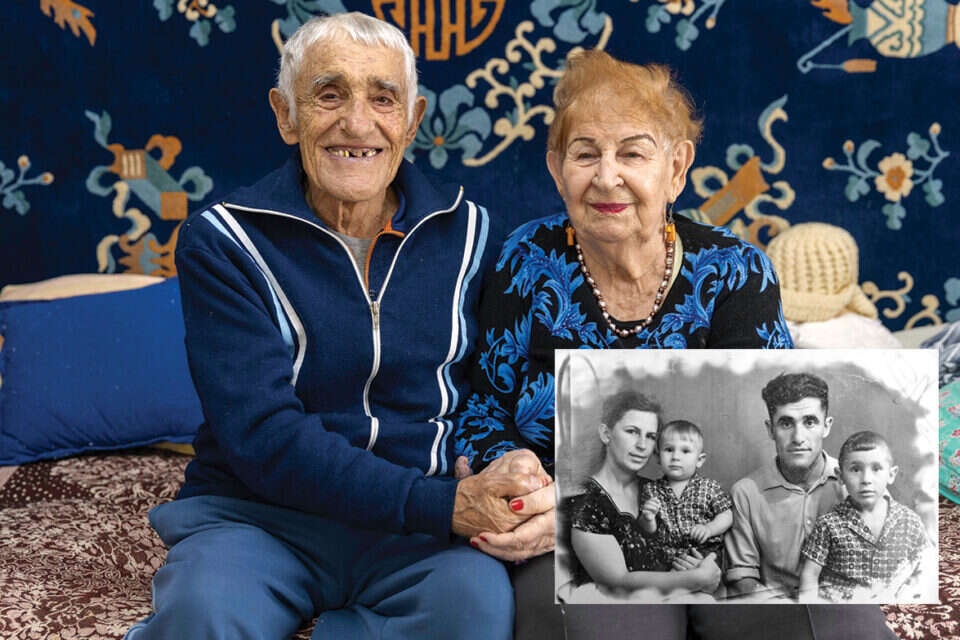
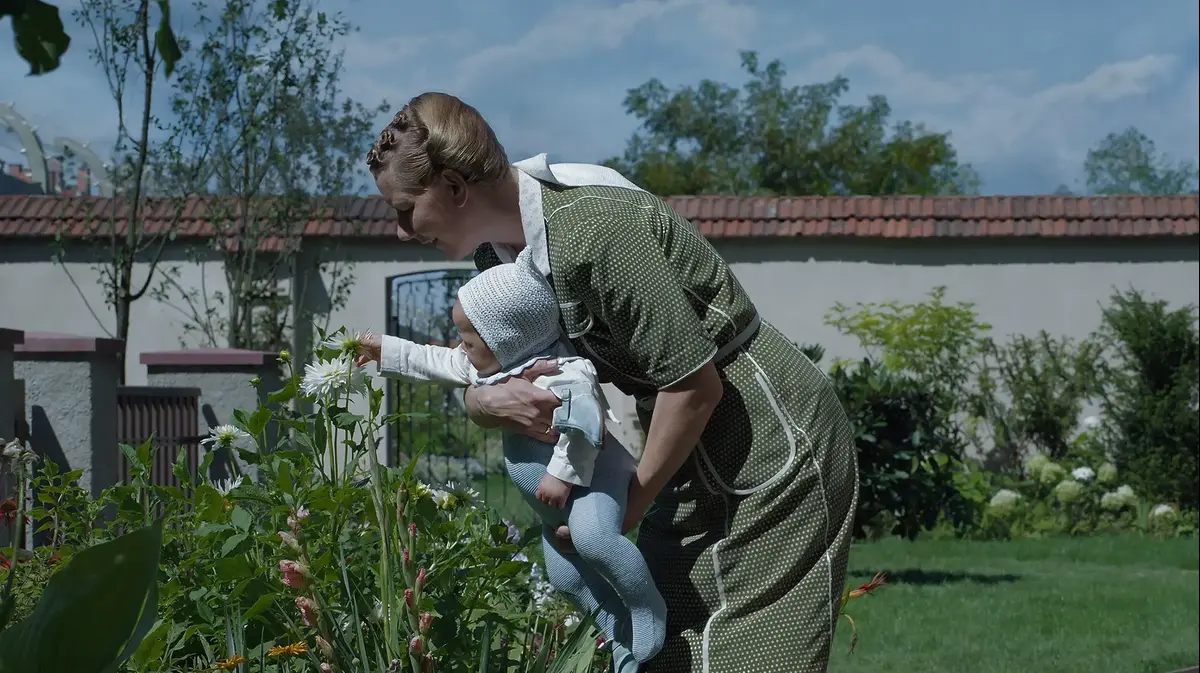
/cloudfront-eu-central-1.images.arcpublishing.com/prisa/YVK4HZAFDKHYPX5IOZ5XKJSHDA.jpg)
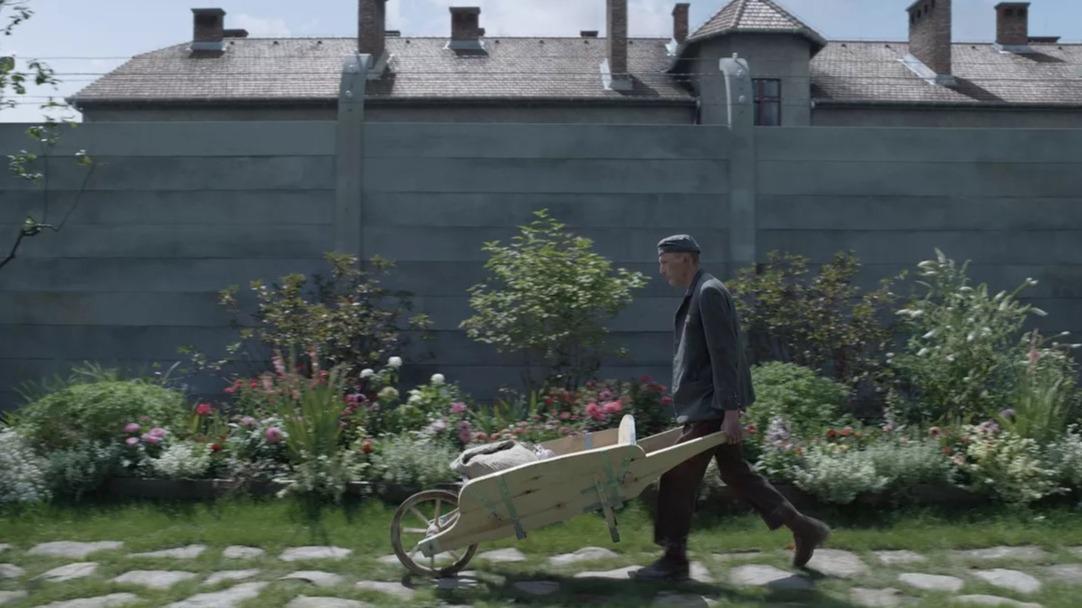
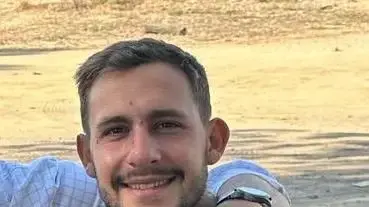
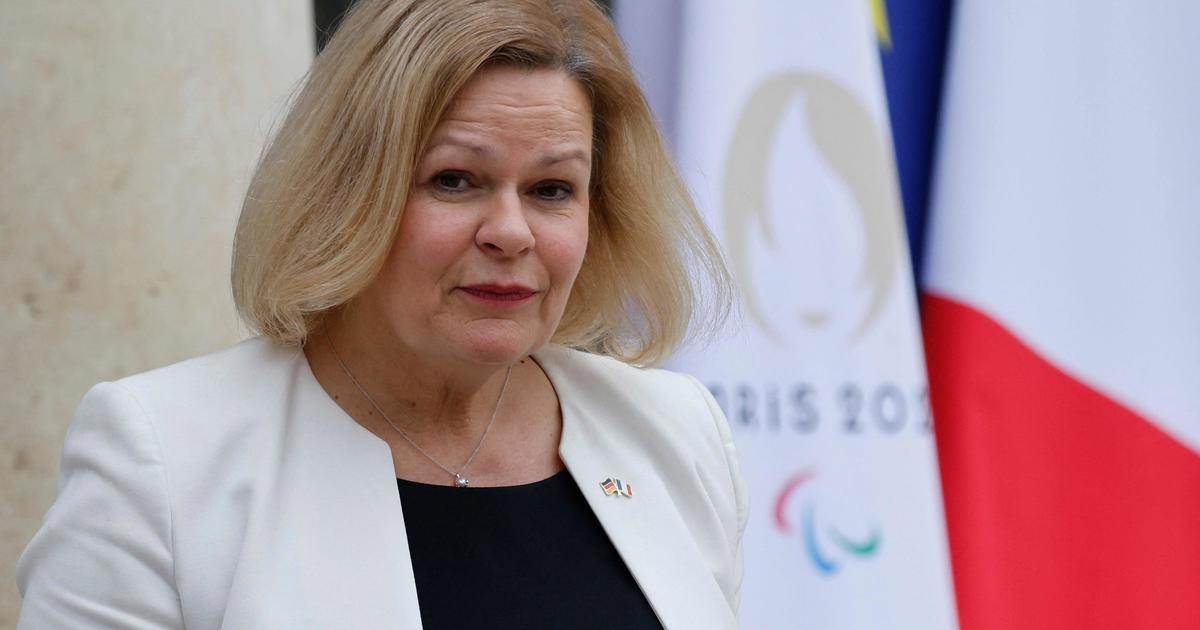
/cloudfront-eu-central-1.images.arcpublishing.com/prisa/QMMLZZZRT5DBBKJ3BCMUK42HQQ.jpg)
